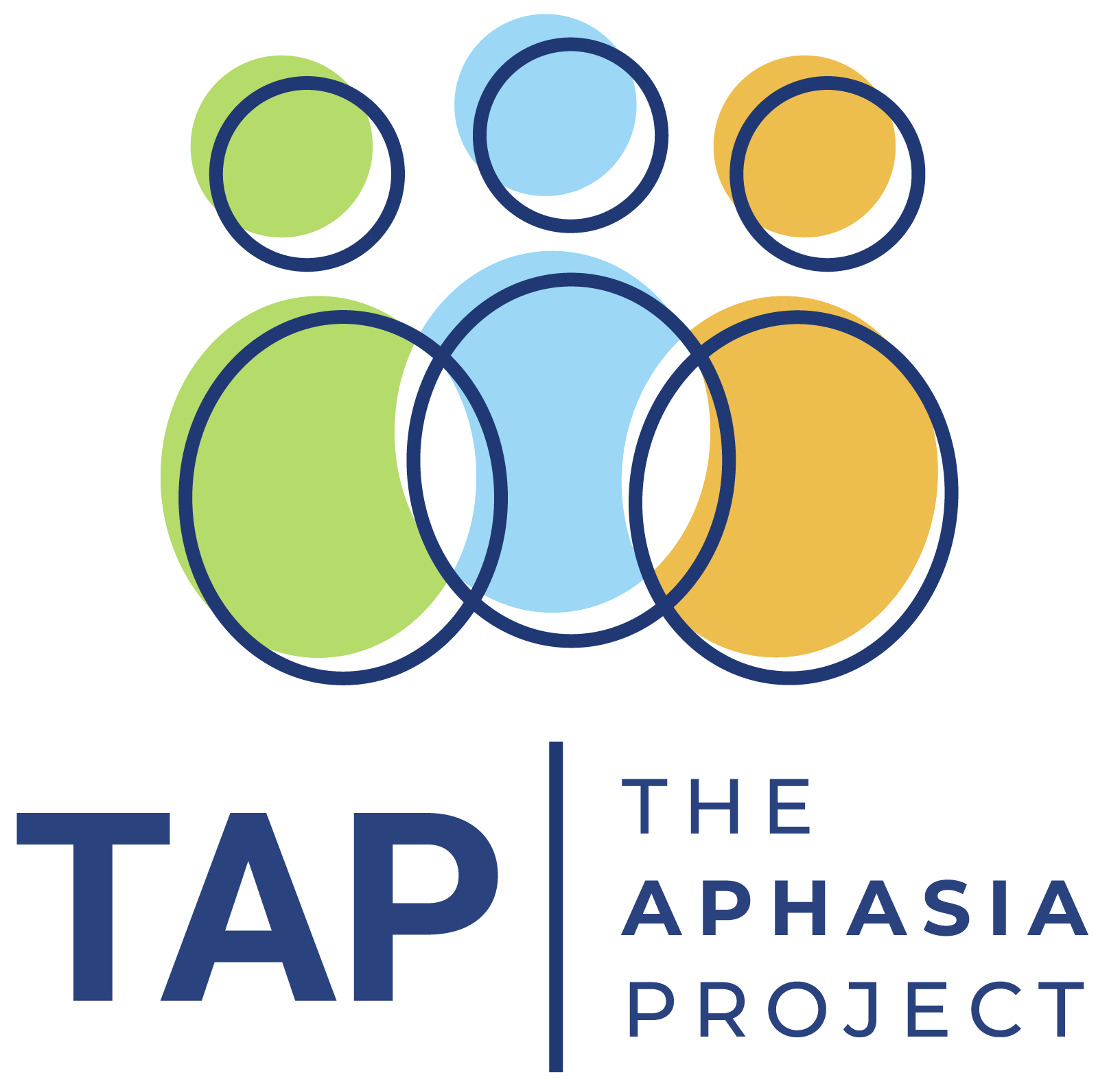Margie S for David S
I began seeing subtle changes in my husband, Dave, before the holidays in 2016. He had been retired for about five years and he seemed to thoroughly enjoy the slower pace of life since leaving the company where he worked for 31 years. As a human resource officer, he engaged prospective employees in conversation as a way to check their suitability for the company. Once his working years were behind him, he became quieter no longer needing those skills. He would listen to what I was saying to him and always showed interest in others’ conversation. But other than nodding and smiling, he started leaving the talking to others.
At times when we were out for dinner, Dave would apologize for not being a “sparkling conversationalist” as he had been earlier in our marriage. I told him “that was alright…and that if you had something to say, you would say it.” Did not realize my not encouraging him to talk more was actually not good for him.
Dave would comment that he was becoming like his dad was in his later years…quiet. That also seemed to make sense to me and didn’t think it unusual. But then I began to see some signs that Dave was slowing down in his thinking and difficulty getting his thoughts put into words. His daughter, a family practice doctor in Clinton, NC noticed this too. She advised that her dad see a neurologist, which, thankfully, he agreed to do. After an MRI and neuro-psych testing, it was confirmed that my husband had the beginning stages of dementia and had aphasia.
We didn’t know exactly what aphasia was then, but fortunately, Dave’s daughter discovered TAP and urged us to be in touch with the organization to see if some of the classes might be a good fit for Dave.
As Dave and I began to realize what aphasia was and the different kinds there could be through Maura’s introduction – especially in Dave’s case, it wasn’t something that would likely “get better.” He has Primary Progressive Aphasia. We could only hope that with continued work, that Dave would only be able to slow the progression with hope to retain as much speaking ability as possible.
We were pleased to see there was an aphasia group meeting in Clayton, a 15-minute drive from our house. The other group, the Book Club, suited Dave well as he has always been a reader.
It’s been a treat to see Dave attending his group sessions as if they were “required courses.” Tuesdays are his “class days” and he makes sure any homework assignments are done for the next class. It has been a comfort to him knowing he’s not the only one with speech problems. In some ways, he brings to his group sessions abilities the others do not have, so something positive for him in light of the aphasia he has.
A progressive disorder as Dave has can be discouraging. But with the TAP group leaders’ positive approach integrated with homework and reading assignments, we have to believe those are what keeps Dave faithfully coming back each week and keeping his brain active.
Although Dave has PPA, we may not see the gradual improvement stroke victims may experience, but to be in an engaging setting where he feels comfortable is a blessing. We’re so fortunate to have TAP available to us in this area!
